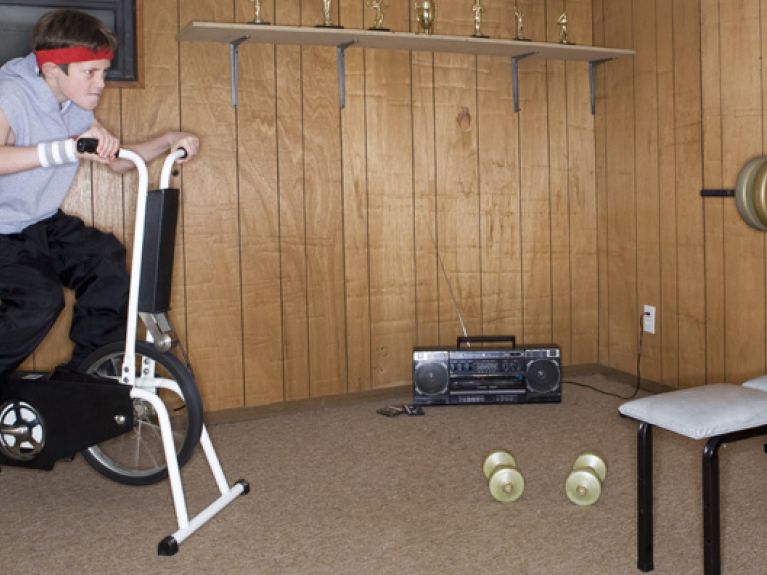Save the hobby
David Denk goes in search of what used to be known as a hobby.

The very word: hobby. How cute – and old-fashioned. It’s a leftover from a time when people didn’t just dance but hopped and bopped, shook a leg or even tripped the light fantastic – in public at a tea dance or in their own four walls, in the hobby room. Back when shops shut at 6.30 pm, no self-respecting middle-class home was without its own hobby basement. This was where, in his spare time, the man of the house devoted himself to his hobby (his spouse had, of course, the kitchen and the garden for her own self-realisation). Nobody talked about work-life balance, the Slow Movement or sabbaticals, let alone burnout – time and leisure weren’t yet rare commodities.
Hobby room – on the one hand it sounds terribly square, evoking wood panelling, a table-tennis table, a crown cap collection and cocktail cabinet, but on the other it also sounds cosy, conjuring up the good old days (which were, of course, never as good as they appear in hindsight). The fact that such a world seems to us so strangely outdated shows how far we have moved away from the concept of hobby. If a hobby were to us something ordinary and mundane, the word itself wouldn’t sound so fusty.
A look at how Germans – Europe’s overtime champions – spend the three hours and 56 minutes of leisure time that constitute their daily average is enough to bring tears to your eyes: according to the Freizeit-Monitor 2014 study, their favourite activities are watching television, listening to the radio, talking on the phone or surfing on the Internet. Of course, I too like to sit in front of the box now and again after a hard day’s work, but I believe it’s important to be active during the bit of free time we have. It’s back to the grindstone soon enough.
That’s why I’d like to suggest giving more room to hobbies again (it doesn’t need to be a basement room, either), to dust off the word hobby and put life – and passion – back into it. It’s about nothing less than taking control of our own lives: do we have a job or does the job have us? I, for my part, don’t want the job to have me. That would be more than it deserves, and less than I owe to my life. I want to be a motivated worker, someone that’s committed but not in a state of bondage, thank you very much. “You shouldn’t mix business with pleasure,” my maths teacher often used to say. In many sectors, we have lost this distinction between work and private life – and that, I believe, benefits neither ourselves nor our job in the long run. Which makes a hobby all the more suitable as a bulwark against encroachments from a world of work that knows no bounds.
We just need to address the issue. But what does “just” mean here? Another staggering finding of the Freizeit-Monitor 2014 study is that some two-thirds of Germans would more often like to spontaneously do what they feel like doing but don’t dare indulge their needs. Yet we in Germany are privileged: we can afford to do things for their own sake. And we do them for diversion, fun and relaxation, not to earn a living. For that, we have a job which – theoretically at least – leaves enough time for such things. For a change, we don’t need to function when pursuing our hobbies – we can take a break from striving for perfection. A hobby actually challenges us to risk more amateurism.
As long as the zeitgeist is so hobby-hostile, and the hobby cook, say, is sneered at – as an amateur who would otherwise have long ago made a career out of his hobby – pursuing a hobby for its own sake stands little chance. For the time being, the hobby room is closed owing to instructional defects. ▪
DAVID DENK is an author and editor at the Süddeutsche Zeitung. In his book The Hobbyist, which was published in 2014, he tries out 26 hobbies.

